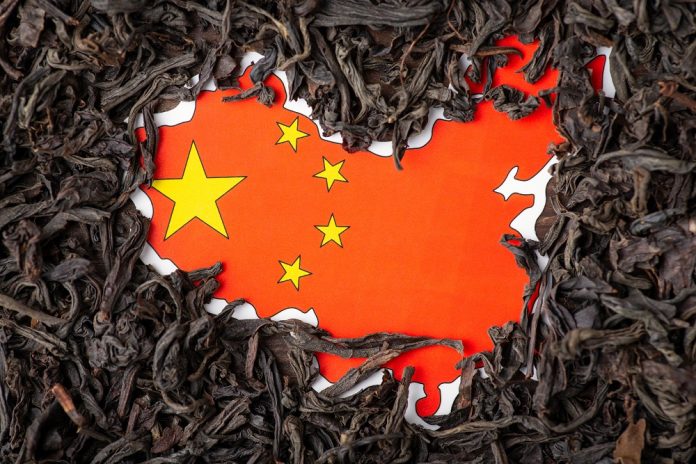China, previously a worldwide powerhouse that drew many IT businesses, is gradually losing its luster. By promoting economic reform and presenting the principle of a free market in the late 1970s, the dragon mainland drew many top-tier corporations to their nation. Their labor costs were low, and China had the world’s greatest working population at the time. All of these benefits drew corporations in, and many chose to ignore negatives such as shipping timetables, communication difficulties, and yearly production delays around the Lunar New Year.
For the last 40 years, the country has grown to the point that towns like Shenzhen were built mainly to facilitate the speedier manufacture of electrical devices. When Samsung established a facility in Guangdong Province’s Huizhou, 60 percent of its supporting business was dependent on the company’s development. Small eateries, laborers’ residences, and small factories erected by Chinese suppliers in the nearby town of Changan in Dongguan were all developed for Samsung company. However, as they closed their doors, all enterprises came to a halt.
What is the reason for the closure?
Following the release of Covid 19, big corporations have begun to establish businesses in China. Companies in China began to face challenges such as high tariffs, rising geopolitical conflict (between China and the US) or hostility with neighbors such as India, and greater losses during the pandemic lockdown. Even President Xi Jinping’s twin circulation policies of reducing foreign reliance and increasing self-sufficiency have backfired on the country. More specifically, China’s coerced ethnic minority labor and violation of World Trade Organization laws are all catching up with them like a hurricane.
Which Companies are exiting?
Yahoo: In a statement, Yahoo stated that due to the country’s increasingly tough commercial and regulatory environments, they will terminate Yahoo’s suites of services.
Microsoft: Microsoft has stated that the Chinese edition of LinkedIn would be shut down and replaced with a jobs platform with no social activity.
Epic Games: The creator of the popular Fortnite game, has chosen to withdraw the game from the Chinese market.
Apple: Despite the reality that the majority of Apple goods will be manufactured in China. They intend to progressively expand their operations to additional countries such as Vietnam, Thailand, India, and Indonesia. They also intend to manufacture 30% of its AirPods and a considerable portion of its IPads in Vietnam.
Zoom: Zoom, a popular US teleconferencing platform during the epidemic, has declared that it will no longer sell directly to clients on the Chinese mainland. Third-party partners are still able to access its video conferencing services.
LG: LG has opted to move part of its production outside the nation, following in the footsteps of neighboring Korean business Samsung.
Kia Motors/Hyundai Motors: Both the parent and sister companies have chosen to close their factories in the nation. While output is also being reduced, the corporations want to increase manufacturing in India.
Where are the businesses going?
According to a poll, Southeast Asia continues to be a lucrative possibility for a business wishing to outsource its manufacturing. Nike and Adidas have shifted a significant portion of their production to Vietnam, making it one of the favorites.
Thailand, too, has witnessed a surge in US exports and is competing well with China in the electronics sector.
Indonesia, too, has hopped on board, with President Joko Widodo announcing over $1 billion in public investments through the establishment of an industrial park in Java, Indonesia.
India, with its existing food, car, and textile manufacturing bases, also appears to be a safe bet. Apple has lately expressed interest in establishing a facility in Chennai and is in discussions to assemble an iPhone SE 2020 at a Wistron plant in Bangalore.
Mexico and Brazil have also emerged as contenders in the competition. They have amassed sizable manufacturing market shares in the automobile industry.












